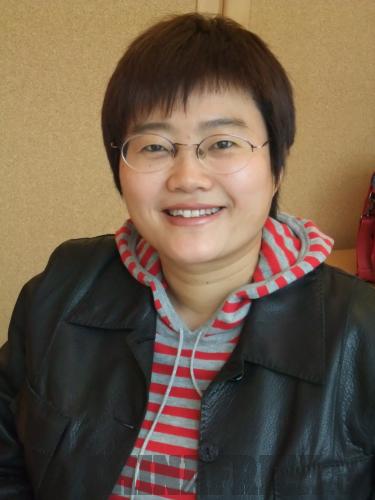| 
France's high-key military intervention against rebels in the ongoing Mali conflict has given rise to many questions about the world power's motives in Africa. Observers are asking if France can resolve the long-standing political crisis in the country, or if it will result in a situation similar to Afghanistan, where military intervention has resulted in an intractable state of affairs for the United States.
In an essay written for ChinAfrica, He Wenping, Director of African Studies at the Institute of Western Asian and African Studies, Chinese Academy of Social Sciences, looks at the reasons behind the military actions. She believes that the major intention for France's sending troops to Mali is to renew its declining influence in Africa. Her edited views follow:
The direct reason why France has sent troops to Mali is the fact that the rebels in north Mali captured Konna, a town of strategic importance for Bamako, the country's capital. The capture put the fragile Malian Government in a difficult position. After receiving a request to intervene by Mali's interim President, Dioncounda Traore, France helped to recapture the important town. In the aftermath of the action, French drones bombed several rebel military camps and an arms cache, in the process killing more than 100 rebels. France lost an attack helicopter and a pilot in the attack.
This result showed that the direct intervention by French troops changed the conditions in Mali by preventing Bamako from being conquered by the rebels, halting the impetus of Islamic extremists driving the war to south Mali. More importantly, the action also increased France's influence in Africa and consolidated its status in Africa as a world power. It is reported that after the Malian Government recaptured Konna, local people were seen waving the French flag and celebrating.
Compared to his predecessor Nicolas Sarkozy, current French President François Hollande is widely considered to be the French president who has the least interest in Africa in history. He was initially reluctant to get involved in the Mali issue. At the 14th Summit of Francophone Countries held in October 2012, he stressed that the crisis should be solved through UN resolutions and that West African countries should lend military help in north Mali. He pledged that France would provide logistical support for their intervention, but would not directly send troops there. But now, Hollande has changed his low-key attitude and actively moved his troops to a continent in which he previously had little interest. The major reason for this action is the long-lasting historical connection between Africa and France.
Africa is the region most influenced by France globally, and since the Charles de Gaulle Administration, Africa has been seen as a "forward base" that supports France's status as a world power. Maintaining its special interests in Francophone countries is the core of its Africa policy.
France has long maintained its relations with African countries through the following four channels: personal friendships among state leaders and the biannual Franco-African Summit; development aid to Africa and control over economic and financial fields in African countries, especially the Francophone countries; France-Africa cultural cooperation to maintain and expand the influence of the French language in Africa; and military intervention and military presence in Africa.
In recent years, with the weakening of these channels, France's influence in Africa has declined. In order to renew this influence, France, which is now experiencing a debt crisis along with other European countries, has to pursue military options. Thus, it is easy to understand why the Sarkozy Administration actively interfered in the war in Libya and the civil war caused by general elections in Cote d'Ivoire. Hollande has followed suit.
One of the negative influences of France sending troops to Mali is that it unconsciously reminds many people of France's status as Africa's gendarme during the colonial period. The French Government explained that its military intervention was in response to a request by the current Malian Government to put down the rebellion. However, when the Government of the Central African Republic was attacked by rebels, and subsequently asked France for help, the European power refused, preferring to guard its own interests. In this sense, "Africa's gendarme" employs double standards when dealing with African affairs. More importantly, military intervention in Mali places a big economic strain on France.
In addition, France will face increased expenditures on its own homeland security and prevention of terrorist attacks at home because of its military action in Africa. Currently, Islamic extremists in north Mali and Somalia, and the Taliban, have threatened to retaliate against France by launching terrorist attacks, saying that all the French people in the Muslim world are responsible for France's military actions in Mali. Ultimately, some international observers believe France will become stuck in the mire of the Mali's crisis and will not be able to get out easily, similar to the U.S. situation in Afghanistan. |